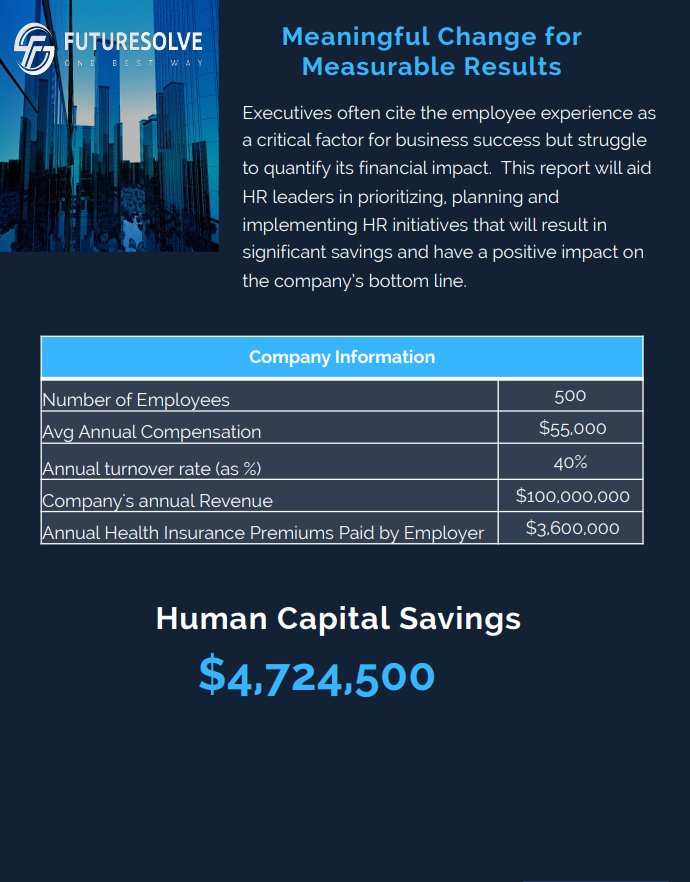When it comes to your staff, salary is not the only thing that can guarantee their engagement and retention. Employees tend to stick around when they believe the organisation they are working for is taking care of their personal and professional growth.
Coaching and mentoring are the two crucial components of employee development. Not only for their professional growth, but the right mentor can help your team grow on a personal level too. It’s important that you know the benefits of both elements and implement them in the employees’ development program to achieve employee retention. In this post, we’ve mentioned all you should know about coaching & mentoring for employees, why these are important tools for their development, and what’s the difference between the two. Let’s get started.
Why are Coaching and Mentoring Important for Businesses?
The main purpose of coaching & mentoring in a workplace is to develop employees’ personal and professional skills and make them a valuable part of the organisation. It can be a one-time process, which is just for the new recruits, or an ongoing procedure that focuses on employees’ overall development. In addition to helping them learn a new skill or hone the existing ones, this program instils confidence in your employees.
New employees require training before onboarding. They need to learn the routine operations that are expected from them, the technology used in the workplace, the outcome they need to deliver, the payment system, and other work-related stuff. But it isn’t just confined to the junior employees and new recruits.
Everyone in the organisation—from a junior employee to a senior one—requires regular coaching from an expert. The mentor can be the co-founder of the organisation, an internal member, or an external person with experience in this industry. For instance, coaching is necessary for seniors and juniors that are learning to use a new software application deployed in the workplace. Even the manager who oversees all operations should get a mentor who teaches them the basics of using new technology or learning a new skill.
What are the Differences Between the Two?
The terms coaching and mentoring are often used interchangeably, but there’s a notable difference between the two. Let’s see what each term means.
A mentor is a professional who inspires people by sharing their knowledge and experience with others. A coach helps outline the strategy that a team should follow to achieve their desired goals. These are often detailed and more specific instructions that give employees a clear picture of what they are supposed to do to learn a new skill or become better at work. Coaching focuses on teaching something new to the employees, so it’s often a short-term strategy that’s over within a few days or weeks.
Mentoring, on the other hand, is a long-term process that takes months. It involves regular one-on-one sessions where the mentor focuses on the employee’s soft and hard skills. They monitor the employee’s progress. In other words, they take care of the employee’s personal and professional growth. Usually, a mentor is a senior-level employee in the organisation who shares their experience with their team and offers them constant support. They focus on the long-term growth of the employee so that they can gradually align their skills with the business objectives.
The goal of the coach is pretty simple. Here’s what they do:
- Introduce the new skill, project, or technology to the employee
- Help employees resolve their issues
- Answer their questions and check their progress to see if they are following the given instructions properly
Now that you know how mentors are different from coaches, let’s take a look at some benefits of coaching and mentoring for your employees and the reasons you should implement workplace mentoring programs.
What are the Main Benefits of Coaching & Mentoring?
As mentioned earlier, coaching and mentoring are the two essential pillars of the employee’s growth programs. They enhance employees’ confidence, make them more self-aware, and teach them the right ways to execute their daily jobs efficiently.
Let’s see how these two practices help employees and the organisation they work for.
Improved Performance
Coaching & mentoring improve employees’ performance. An experienced coach reviews their work regularly and gives constructive feedback, which helps them improve. The positive review from the coach, when an employee does better, is quite encouraging. Employees feel like valued members of their organisation when they are appreciated for their hard work.
Moreover, coaching helps employees identify the skills they lack and get some tips on improving their performance. They will also have peace of mind knowing that there’s a coach or mentor tracking their progress regularly.
Employee Engagement
While salary is the reason employees join a company, it doesn’t guarantee their engagement. Employees need to feel valued and an important part of the organisation. They want to hear good feedback from their managers. Mentoring and coaching build their engagement, as these practices show employees how you care about their growth. Employees will deliver great performances when you take measures to keep up their engagement.
Solving Company Problems in New Ways
Coaching is provided to both junior and senior employees with the purpose of building their skills. Workplace mentoring programs are designed for employees that need instructions on how to successfully execute work and contribute to the company’s success. Employees learn how to look at problems from different angles and figure out the most innovative solutions to the issue. The coaches help employees hone their problem-solving skills, making it easier for them to identify the root cause of the issues and suggest the most reliable solution.
Bottom Line
That was all about mentoring and coaching. Every workplace needs a mentor and a coach that encourages employees across all departments to improve. With growing competition and new challenges after the pandemic, it’s become important for companies to implement coaching and mentoring practices more now than ever.





























